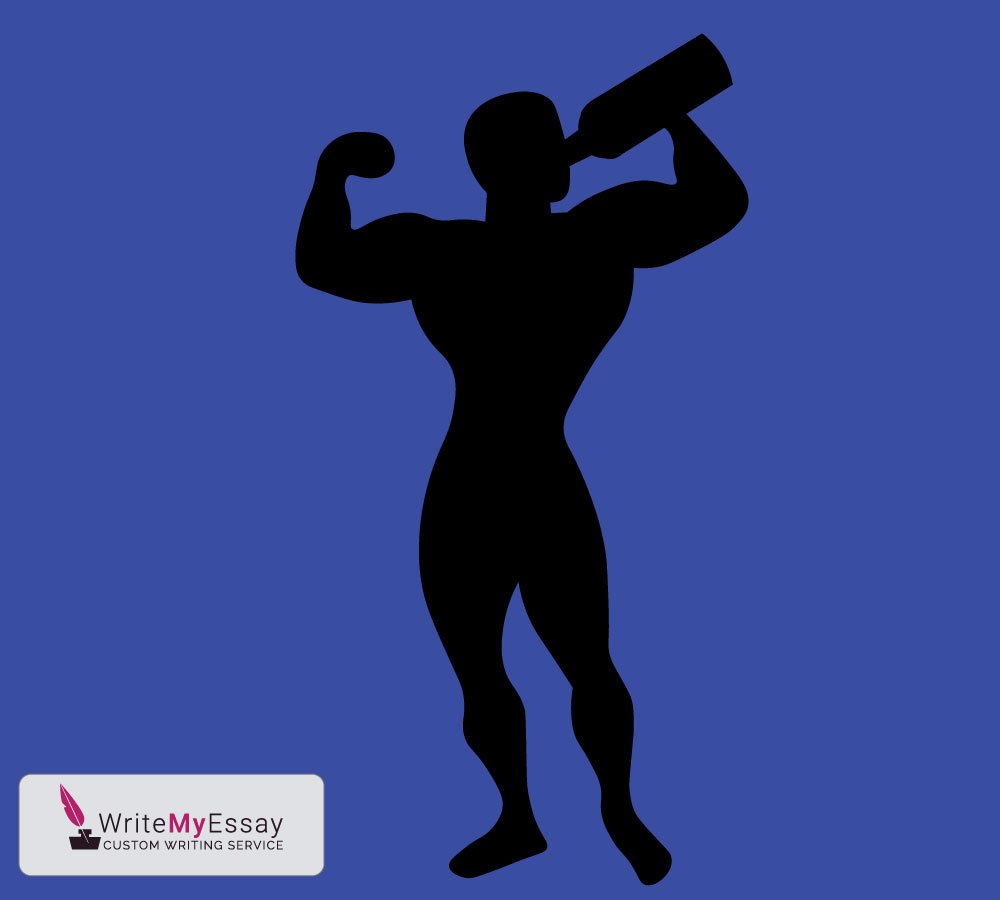Are sports drinks really that safe? essay sample

As we turned to exercise and healthy eating trying to cope with the obesity crisis, the value of sports drinks came up. Specially-designed fluids claim to hydrate athletes even better than water and compensate for the energy and electrolytes lost during the workout. In fact, sports drinks are specific fluids originally oriented at the narrow audience and further retargeted at an average consumer by marketing specialists. Though they can cause no critical damage to human health, sports drinks act like an ordinary soda to most people who exercise moderately.
The worst side effect of a sports drink is perhaps obesity caused by the sugar it contains. Glucose is essential for these drinks because it allows athletes to restore their energy and recover faster after an extreme workout. Nevertheless, it is more than useless to an average exerciser who aims to keep fit or lose weight. If one has extra calories stored in their body, they shall not supply extra ones during the workout.
Hydration is of an utmost importance to the athlete, but the truth is no fluid can hydrate us better than water. During the workout, we also gradually lose salt that is necessary to block water in our cells. Sports drinks contain enough salt to replenish the organism with electrolytes. Nevertheless, we usually consume enough salt not to dehydrate our body during a one-hour workout. Getting more sodium is critical to professional athletes who exercise hard for more than a half of an hour so that their organism loses a critical amount of electrolytes.
Everything is good in moderation, and the same rule can be applied to sports drinks. Drinking one is good for a professional athlete during exercise, but an average person will win from water even more.
